Incluvie Foundation Gala - Learn More
Building ‘Herself’ Back up After Psychological & Physical Trauma
A movie covering sensitive and serious topics is necessary in our world.
This review of Amazon Studio’s Herself contains spoilers — proceed with caution!
Herself is directed by Phyllida Lloyd, best known for directing Mamma Mia! and The Iron Lady, and written by Malcolm Campbell and the star of the film, Clare Dunne.
The film illustrates the life of a single mother who struggles to provide an ideal childhood for her two daughters. Through acts of kindness from several individuals, Sandra builds a house and reestablishes her identity.
What started with a feel-good moment quickly turned disheartening. The film opens with Sandra (Clare Dunne) singing and playing with her daughters, Molly and Emma (Molly McCann and Ruby Rose O’Hara). Once Sandra’s husband Gary (Ian Lloyd Anderson) enters the kitchen, things turn dark. After the girls are sent outside in the cold, Gary ruthlessly attacks Sandra — he shoves her around, punches her, and completely wrecks her hand. Although Emma was sent off with the code “Black Widow,” meaning Sandra is in danger, Molly witnessed the violent abuse. While her witnessing is predictable, the audience isn’t meant to realize this about Molly until later on in the film.
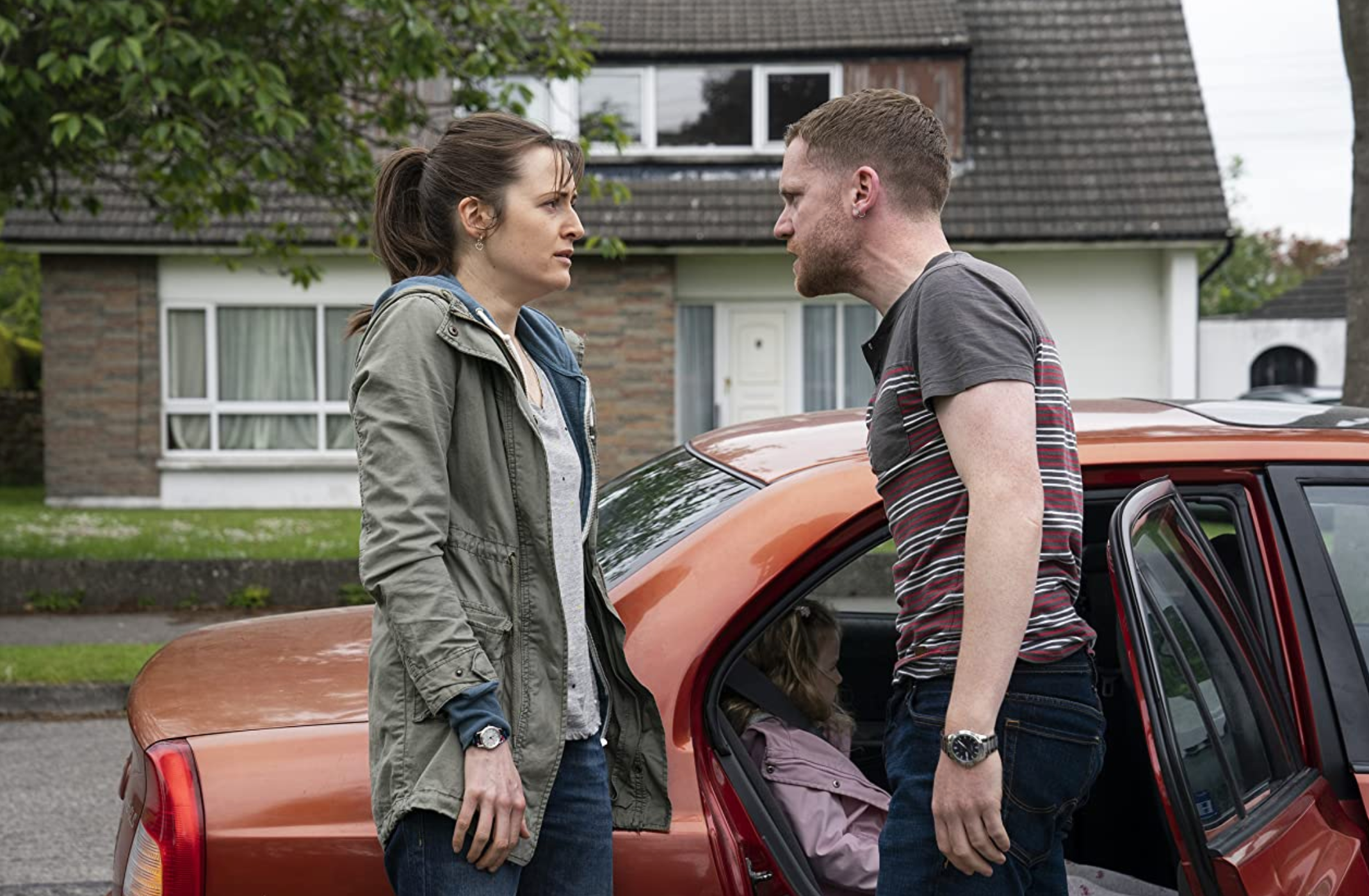
Now, that moment is disturbing — it’s terrifying, and it’s heartbreaking. But, do not let it keep you from watching the rest of this inspiring, uplifting film.
Sandra and her children get away from that dangerous environment with the help of Women’s Aid, a UK-based charity dedicated to rescuing women and children from abuse.
With Ireland’s housing crisis increasing almost daily, Sandra and her two girls are forced to live in a hotel after the housing system denies them a new home.
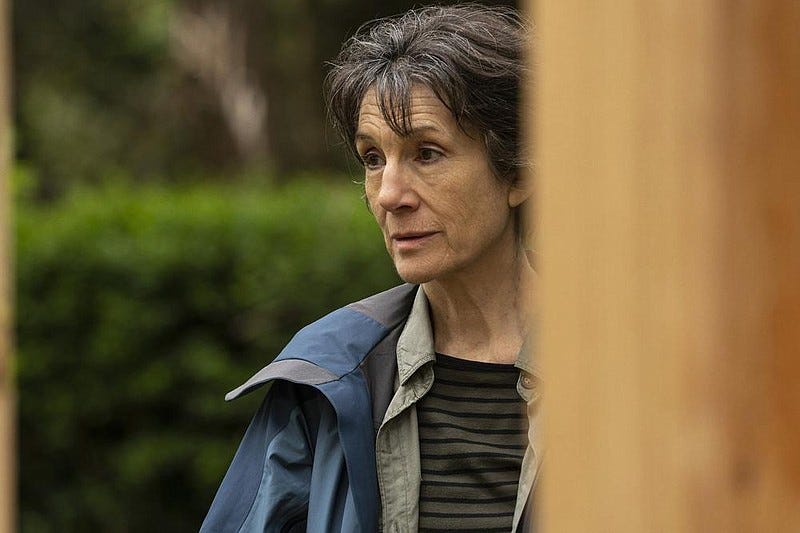
Later in the film, Sandra receives the chance of a lifetime — her employer, Dr. Peggy O’Toole (Harriet Walter), lends her back garden to Sandra. Peggy claims the land will only go to waste, so she yields the property over to Sandra and supplies the money to build a house. This is such a heartfelt moment as it adds depth and warm emotion to the story. Also, it depicts how supportive Peggy is of Sandra and how she genuinely wants the best for her. Honestly, I shed a few tears during this scene.
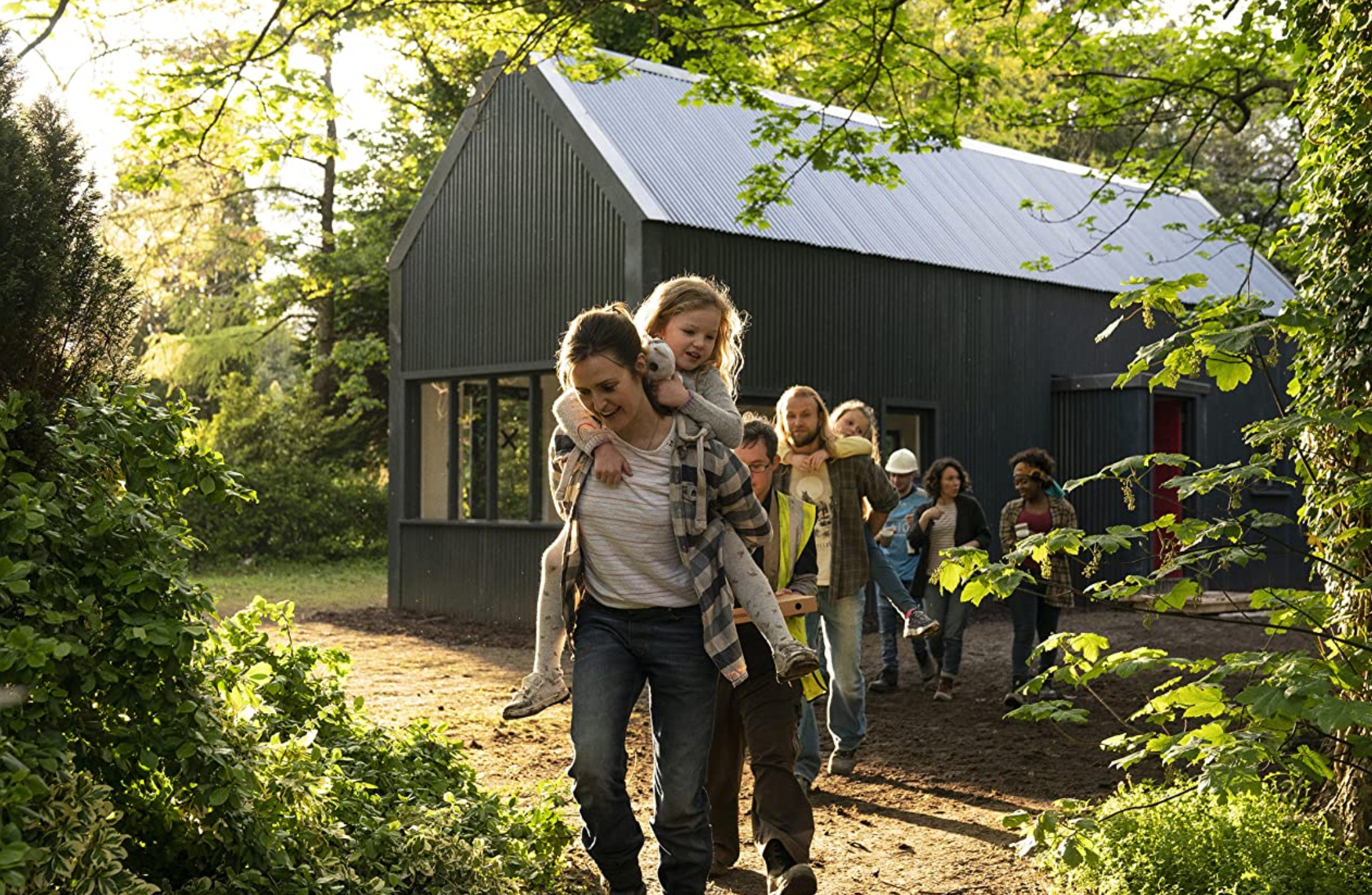
The tone of the movie becomes empowering, and Sandra gains her strength through the generosity of others. She is surrounded by a wonderful community that provides her with support and companionship — Aido (Conleth Hill), a dedicated contractor; his son Francis (Daniel Ryan) who has Down syndrome; Rosa (Anita Petry), a mother from the kids’ school; Amy (Ericka Roe), her co-worker at the pub; and a carpenter (Dmitry Vinokurov) who treats Sandra very well.
However, all good things must come to an end. After Sandra accidentally scratches Emma with a screw and Molly refuses to visit her father, Gary has had enough, and takes Sandra to court in retaliation.
The courtroom makes Sandra out to be the villain, insisting she is an unfit mother and, ultimately, she is blamed for Gary’s abusive actions. This absolutely disgusts me — no woman should ever be condemned for another person’s actions. The fact that Gary just sat there and allowed Sandra to be shamed is baffling.
Sandra’s house plan is also outed, which paints her horribly to the judge. During a short court recess, Sandra breaks down, but Peggy inspires her to tell the truth. Sandra’s truth is powerful, and it is the only way she can protect herself from any harm. That scene in the courthouse broke my heart — hearing Sandra break down her walls and acknowledge the truth after so long is inspiring. At one point, she directly speaks to Gary, telling him that Molly saw everything that day, and she is terrified of him.
Sandra also put the judge on the spot, asking her to ask better questions. Throughout the session, the judge asked Sandra why she didn’t leave sooner — seriously? Why does Sandra have to be asked this? Sandra strikes back, telling the judge she should ask Gary why he didn’t stop abusing her.
This scene changed my perspective on domestic abuse cases completely. Victims of violence should never be questioned as to why they didn’t leave the situation sooner. Herself taught me that the assailant should be the one who is asked about their actions.
In the end, Peggy’s encouragement led to Sandra having custody over the girls, along with a brand new home. A happy ending…right?
Wrong.
In the most shocking turn of events, Gary burns down Sandra’s new home. I did not see this coming. I am heartbroken for her — all that time, money, and effort spent — gone. All to waste. The group spent months building that house, only for it to burn to ashes in a matter of minutes.
It took a very long time for Sandra to get back her life after that, but with the assistance of Peggy and her daughters, she got back on her feet. Sandra doesn’t allow Gary to destroy her anymore — she takes those experiences and finds herself.
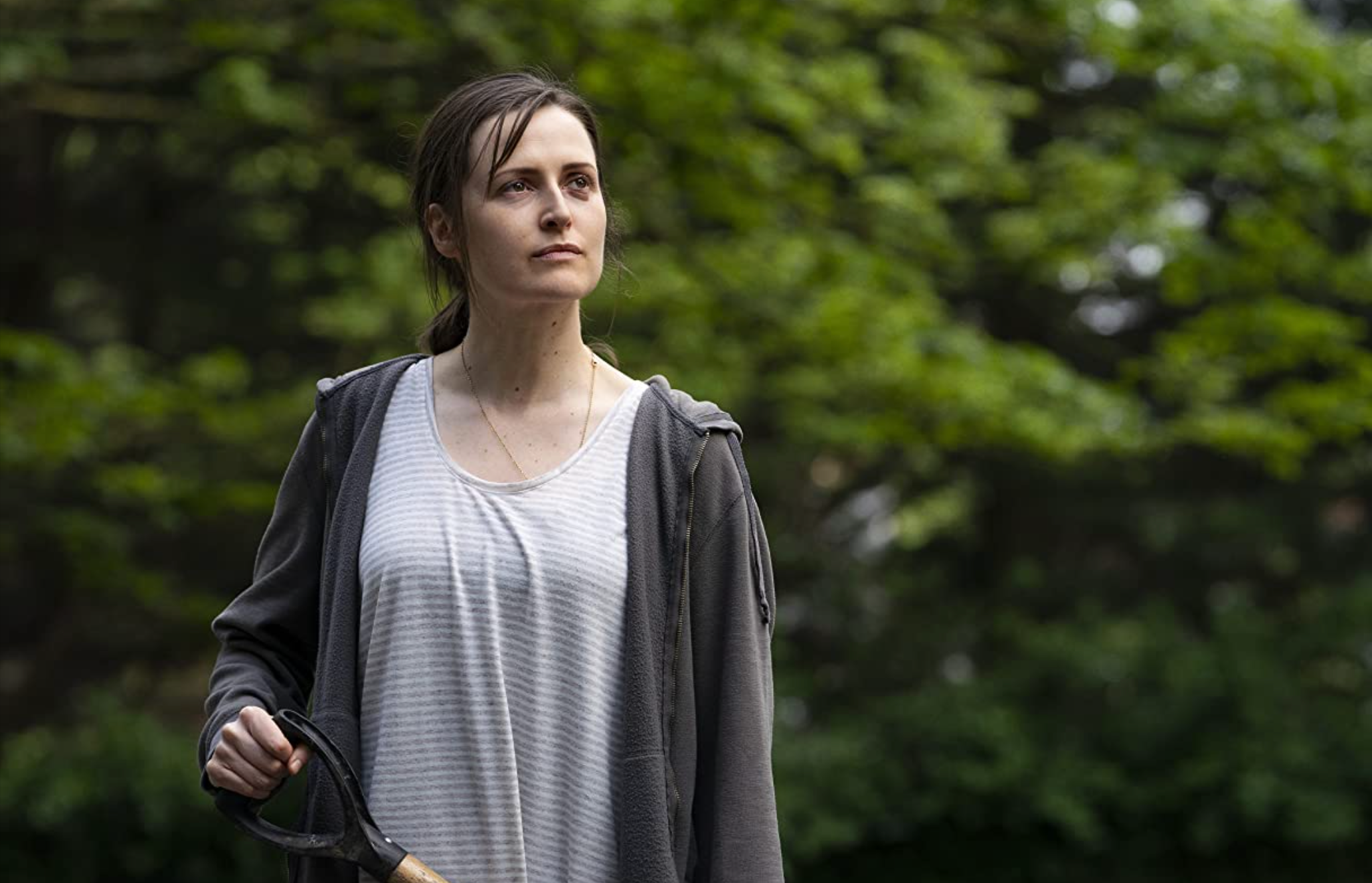
One element I really enjoyed about the movie is that it was filmed on location. The setting is Dublin, Ireland, and that is where filming took place. To me, this makes the movie more authentic and real. The sites and visuals on the screen look natural.
Overall, Herself is an incredibly moving sentiment. Clare Dunne portrayed Sandra beautifully. She expressed the tragedy of her situation, yet also proved how strong of a woman Sandra is.
The Irish drama is very female-centered, thus highlighting an underrepresented group. Also, there are people of color and a character with Down syndrome. It is extremely rare to see so much diversity in one film, yet Herself conveys inclusion and appeals to larger audiences throughout its entirety. It can be a little difficult to understand their accents at times, so make sure to turn your subtitles on before-hand like I did!
Herself is now streaming on Prime Video. The film is rated R for language, violence, and drug use.
View the trailer here!
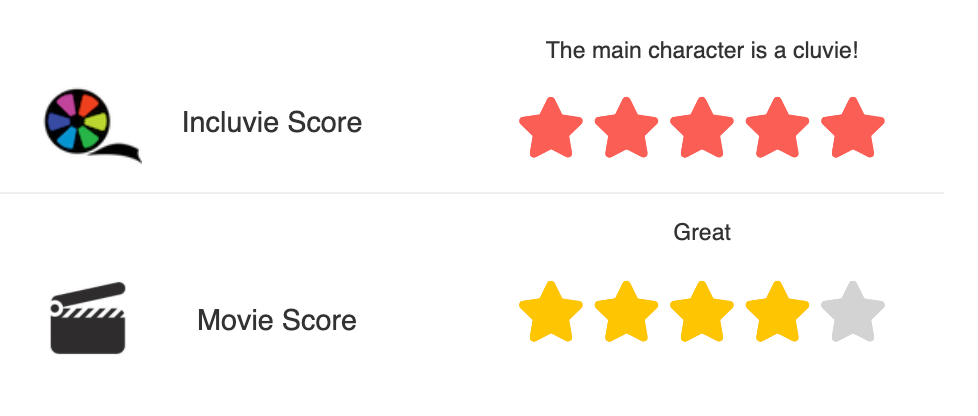
More to explore
By Same Author
Related lists created by the same author




